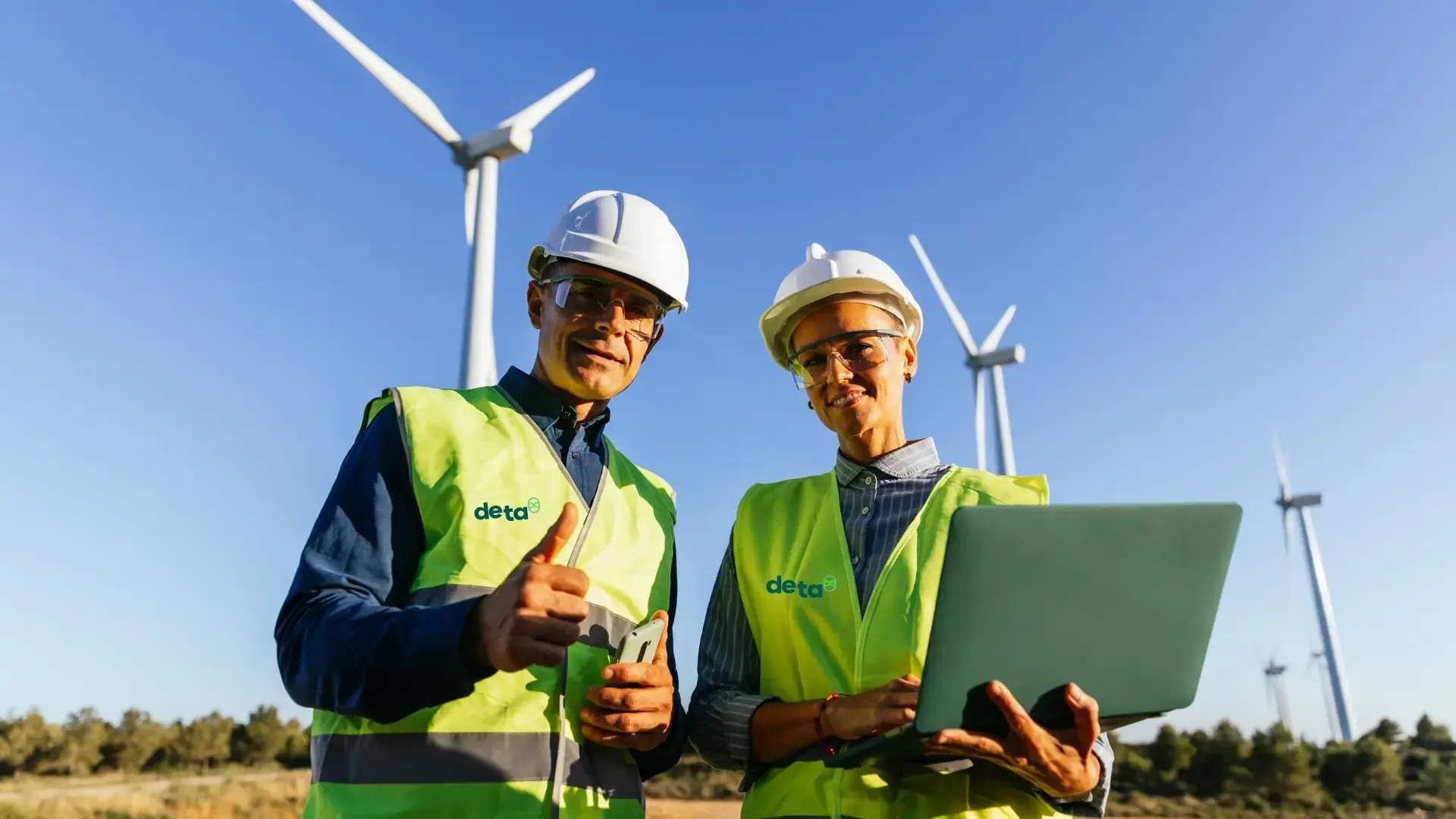Blog Layout
Marlborough Wineries Energy Audits
Marlborough Wineries - Whitehaven, Pernod Ricard, St Clair, Constellation & Vinlink
Energy Audits
1,600 MWh Savings Action Plans Across 5 Wineries
Problem
Marlborough Wineries including Whitehaven, Pernod Ricard, St Clair, Constellation, and Vinlink asked for DETA's assistance to perform energy reduction studies and identify potential energy saving projects.
Solution
DETA performed multiple energy audits across the different winery sites. The energy audits allow the wineries to identify where energy savings can be made.
Outcome
Many energy reduction opportunities were presented to Marlborough Wineries, with 1,600 MWh of potential energy savings across the five sites. Along with the energy savings, with DETA's assistance, the wineries now have an action plan in place and are actively working to reduce their energy consumption.





